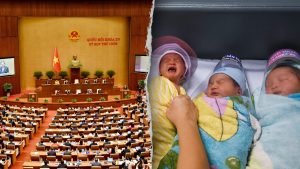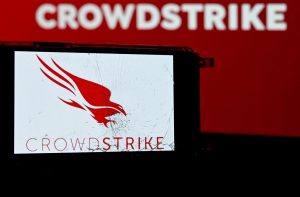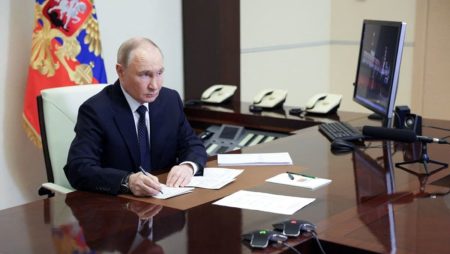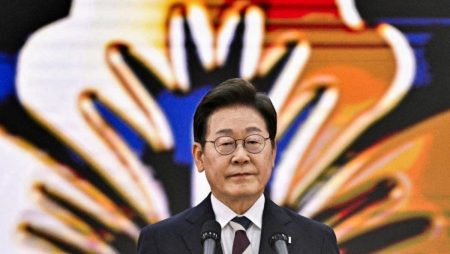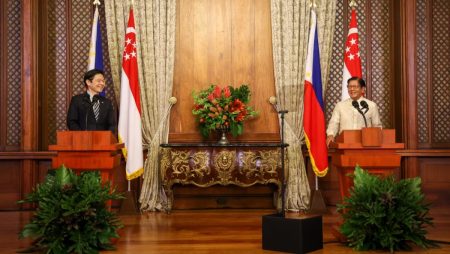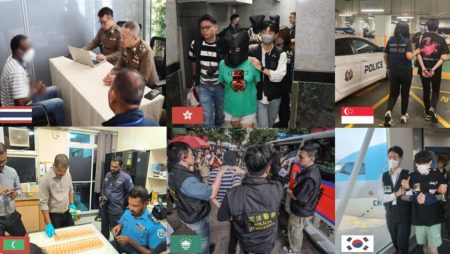The ongoing conflict between Russia and Ukraine has taken a surprising turn with the capture of North Korean soldiers fighting alongside Russian forces. Ukrainian President Volodymyr Zelenskyy announced the capture of two North Korean soldiers in the Kursk region of Russia, marking the first instance of live captures of North Korean personnel since their involvement in the war commenced last autumn. This revelation adds a new layer of complexity to the already intricate geopolitical landscape of the conflict. Zelenskyy’s announcement, made via the social media platform X (formerly Twitter), not only confirmed the presence of North Korean troops within Russian ranks but also signaled Ukraine’s intention to leverage these captures for potential prisoner exchanges.
Zelenskyy’s statement suggests that the capture of these two soldiers is likely not an isolated incident. He anticipates further captures of North Korean personnel, highlighting the increasing vulnerability of these foreign fighters within the conflict zone. His assertion that “it’s only a matter of time before our troops manage to capture others” underscores the ongoing dynamic of the conflict and the potential for further involvement of North Korean soldiers, willingly or otherwise. This anticipation also implies a level of confidence in the Ukrainian military’s ability to continue engaging and capturing enemy combatants, including those from North Korea. The continued presence of North Korean troops fighting alongside Russian forces raises questions about the nature and extent of North Korea’s support for Russia’s war effort.
The presence of North Korean troops within the conflict zone is not entirely unexpected. Prior assessments by Ukrainian and Western intelligence agencies estimated the deployment of approximately 11,000 North Korean soldiers in the Kursk region, specifically to bolster Russia’s military operations. These estimates, while not officially confirmed by Russia, have circulated for some time and indicate a significant contribution of North Korean manpower to the Russian war effort. Russia’s silence on the matter neither confirms nor denies these assessments, further fueling speculation about the true extent of North Korea’s involvement. The deployment of North Korean troops raises significant questions about the burgeoning alliance between Russia and North Korea and the potential implications for regional stability.
Zelenskyy’s offer to return the captured North Korean soldiers to Kim Jong Un in exchange for Ukrainian prisoners of war held in Russia adds a diplomatic dimension to the situation. This proposition presents a potential avenue for prisoner exchange negotiations between Ukraine and North Korea, indirectly involving Russia due to the North Korean soldiers’ participation in the conflict on the Russian side. The success of such an exchange would hinge on Kim Jong Un’s willingness to engage in such negotiations and Russia’s cooperation in facilitating the release of Ukrainian prisoners. This offer also highlights the human cost of the war, with soldiers from various nations becoming pawns in a larger geopolitical game.
Beyond the potential for prisoner exchange, Zelenskyy’s statement offers a glimpse into the possible fates awaiting captured North Korean soldiers. He suggests that those unwilling to return to North Korea might have other options, potentially including asylum or resettlement in a third country. Furthermore, he extends an intriguing proposition to those willing to “spread the truth about this war in the Korean (language),” suggesting a role for them in disseminating information about the conflict within North Korea, potentially challenging the regime’s narrative. This offer, while seemingly unconventional, underscores the information warfare aspect of the conflict and the potential for utilizing captured soldiers to counter propaganda.
The capture of North Korean soldiers fighting alongside Russian forces introduces a new and complex dimension to the ongoing conflict in Ukraine. It highlights the expanding internationalization of the war and the involvement of actors beyond the primary belligerents. Zelenskyy’s statements not only confirm the presence of North Korean troops but also offer a glimpse into the potential diplomatic and humanitarian ramifications of their capture. The subsequent actions of North Korea, Russia, and Ukraine will determine the ultimate fate of these captured soldiers and the broader impact of their involvement on the trajectory of the conflict. The situation underscores the fluidity of the conflict and the potential for further unexpected developments as the war continues to unfold.
